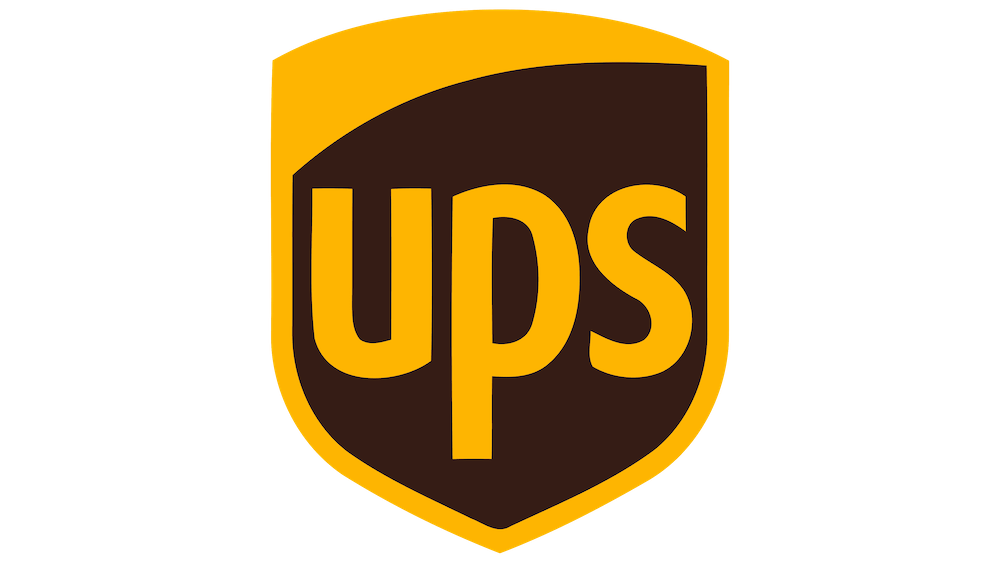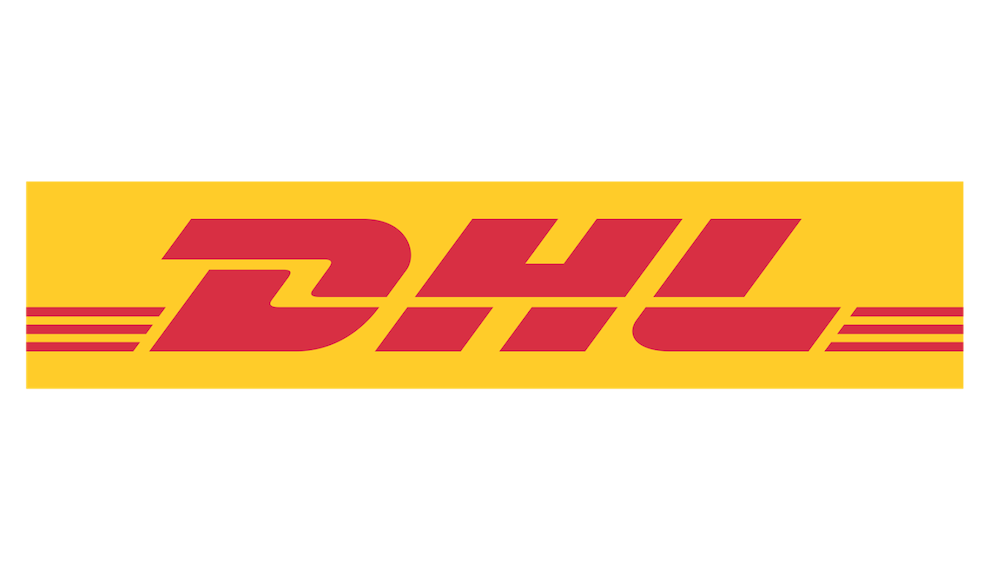When it comes to shipping, there are now many different options to choose from. Though sometimes it feels like there are little options at the price point you want.
There have been far too many times when I’ve gone to ship something small–or what I thought was small–only to have it cost more than what I paid for the item I’m trying to ship. Sound familiar?
The four major and most utilized carriers include: UPS, FedEx, USPS, and DHL.
How do you know which carrier you should use? Which one is going to be the most cost effective? What about the most reliable and safest in terms of security?
Let’s take a look at each of them…
Pros and cons
As with anything, each carrier comes with their own set of pros and cons which could be around cost differentiators, benefits from an employee’s perspective, benefits from a consumer’s perspective, and unique offerings that set them apart.
Is there one that you typically gravitate towards?
Here are some pros and cons of each carrier.
USPS (United States Postal Service)

Pros
- Economical Pricing: USPS is often the most cost-effective option for shipping, particularly for small businesses and individuals.
- Extensive Coverage: USPS covers every address in the United States, including even the most remote areas.
- Priority Mail: USPS Priority Mail services provide slightly more cost-effective and reliable two- to three-day delivery options.
Cons
- Limited International Presence: USPS international services may not be as comprehensive or competitive as those of private carriers.
- Tracking Limitations: USPS tracking may not offer the same level of real-time updates as private carriers.
There are no shortages of post offices around the nation which makes USPS easy to find and ship from. Typically a solid and safe choice to work with USPS for your shipping needs.
UPS (United Parcel Service)

Pros
- Extensive Domestic and International Coverage: UPS boasts a vast network that spans across the globe, ensuring reliable delivery options for businesses and consumers alike.
- Advanced Tracking and Technology: UPS provides robust tracking tools and technology, offering “real-time” updates to shippers and recipients.
- Strong Sustainability Efforts: UPS has committed to reducing its carbon footprint through initiatives like alternative fuels and energy-efficient vehicles.
Cons
- Higher Costs: UPS services tend to be on the higher end of the price spectrum, making it less cost-effective for some businesses, especially smaller ones.
- Peak Season Challenges: During peak shipping seasons, UPS can experience delays and capacity constraints, which may impact delivery times.
The updates that I’ve received from UPS when shipping or receiving a product via their carriers have been really nice over the years. Though, while they claim to have “real-time” updates, these updates still rely on the scanning at different locations so it isn’t exactly real-time.
FedEx (Federal Express)

Pros
- Comprehensive Shipping Solutions: FedEx offers a wide range of shipping services, including overnight and international options, catering to diverse shipping needs.
- Strong International Presence: FedEx’s global network ensures seamless international shipping with customs expertise.
- FedEx Office: The FedEx Office network offers printing, copying, and document services, providing a one-stop-shop for businesses.
Cons
- Pricing Variability: FedEx rates can be complex, with pricing variations depending on service levels and destinations, making it important for businesses to carefully choose the right service for cost efficiency.
- Less Rural Coverage: In some remote areas, FedEx may have limited coverage compared to other carriers.
FedEx for me has always been hit-and-miss. And I don’t know about you but same-day delivery in some areas around the US is really nice when you’re shipping something timely. However, sometimes same-day does turn into next day or two-day.
DHL

Pros
- Global Shipping Expertise: DHL is known for its expertise in international shipping, with a presence in over 220 countries and territories.
- Express Services: DHL Express provides expedited international shipping options for businesses with time-sensitive deliveries.
- Focus on Innovation: DHL invests in cutting-edge logistics technology and sustainable practices.
Cons
- Limited Domestic Presence: DHL’s primary strength lies in international shipping, and its domestic coverage in the United States may not be as extensive as other carriers.
- Potentially Higher Costs: DHL Express services, while fast and reliable, may come at a premium price.
I know when shipping with DHL to the UK or Europe, I can trust my package is going to make it there in one piece and almost always on time. It is of course pricier to ship across continents but they provide a few different options to save depending on how you want to ship (air, ocean, etc.)
Who will you choose?
In conclusion, each carrier has its own set of strengths and weaknesses, making it crucial for businesses and consumers to assess their specific needs and preferences when selecting a shipping partner.
UPS and FedEx offer strong domestic and international options with advanced tracking, while USPS provides affordability and comprehensive domestic coverage. DHL excels in international shipping and innovation.
Something that we hope to see in all of these carriers is access to more reusable packaging and much better tracking for everyone.
With LimeLoop, you get both of those and can continue shipping with whatever carrier works best for you.
Let’s talk more about your sustainable shipping needs. Schedule a call with a LimeLoop Reuse Specialist here.

